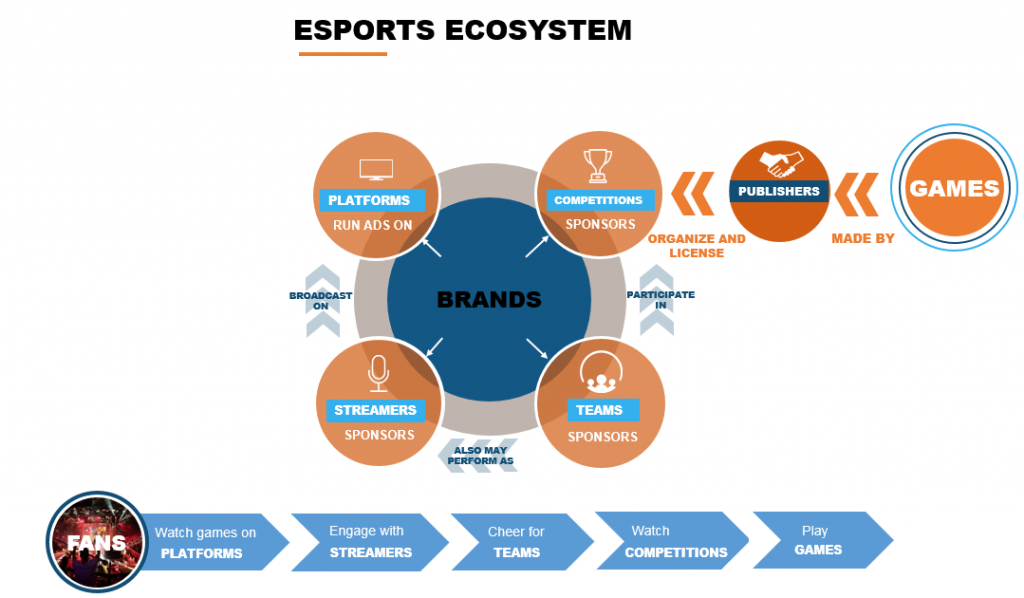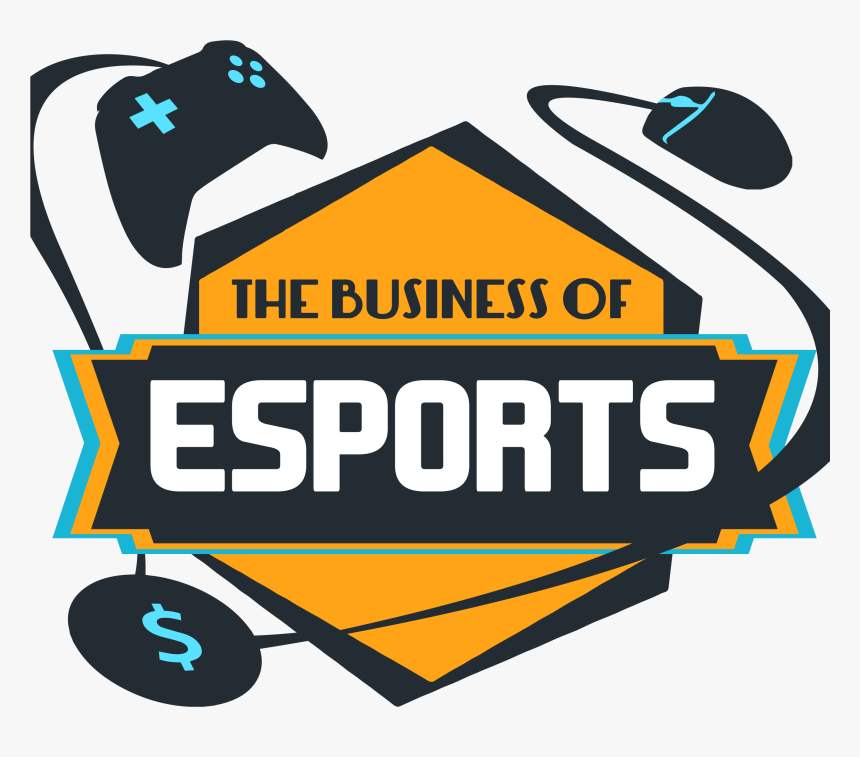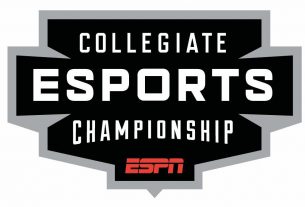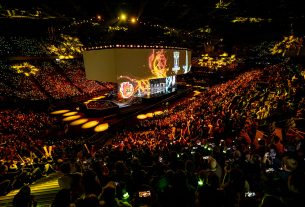Many sports clubs and organizations have been optimizing brand dynamics to make stronger bonds with fanbases, audiences, and communities and expand commercial capabilities. Sports clubs need to prove its value to marketing partners to get high-value contracts. These partners will assess all elements related to ROI, exposure, and coverage to gain the most out of a deal.
Flourishing Esports Ecosystem
In recent years, a growing esports scene has come in the world of sports sponsorships. Clubs see esports as a bridge to new audiences, but you may be wondering in what way should brands approach this flourishing yet unpredictable sector.
Creative strategist Alex Beazley-Long of Imagination, an organization that specializes in brand experiences, stressed the importance of brands to engage with esports, and noted the potential crossover between firms that partnered with traditional sports.
Beazley-Long stated that esports is expected to grow exponentially over the next couple of years, and this is an opportunity for brands to get involved with the sector early. According to the Business Insider report, the esports world is on track to surpass $ 1 billion in revenue for the first time this year, and most experts project it to reach $1.8 billion two years from now. This is the right time to be an authentic partner rather than jumping on the bandwagon.
Creating Lifelong Advocacy
While esports and sports differ in fundamental ways, they are the same on the level of emotional intensity on display. While brands should know when to step aside and let the contest play out, being with fans for the highs and lows can build lifelong advocacy. Also, esports has an estimated audience of 450 million that’s growing day by day, making it not just a niche industry anymore, as outlined in the 2019 global esports market report by Newzoo.

Traditional sports, particularly in basketball and football, feature various multi-layered brand activations, including typical shirt sponsorships. Businesses actively using a sporting organization to improve its identity. The evolution of brand activation allows sectors being integrated to broaden. Because of this, more brands have considered esports as a potential venue to promote products to a younger generation.
A good example is BMW, a company with a strong presence in the Professional Golfers’ Association (PGA) Tours. The firm recently announced partnerships with not just one but five League of Legends organizations to modernize its image to the game’s audience.
Increase Value to Brands
Beazley-Long said that sponsorship has evolved beyond just writing a check in return for naming rights. Visa, which is highly associated with FIFA, commits to an equal investment in men’s and women’s football at a grassroots level. Meanwhile, Red Bull now own and run various sports teams and league. Beazley-Long suggested that brands should be considering partnering with esports teams, broadcasters, and talent that share their values.
In recent times, various sporting organizations have been hosting competitions and events around competitive gaming to keep fan engagement. People are gaming more than ever before. The recent circumstances are expected to build more fans of esports, which can increase value to brands. Esports should be a valuable partner to a variety of brands in and out of the sporting ecosystem.



